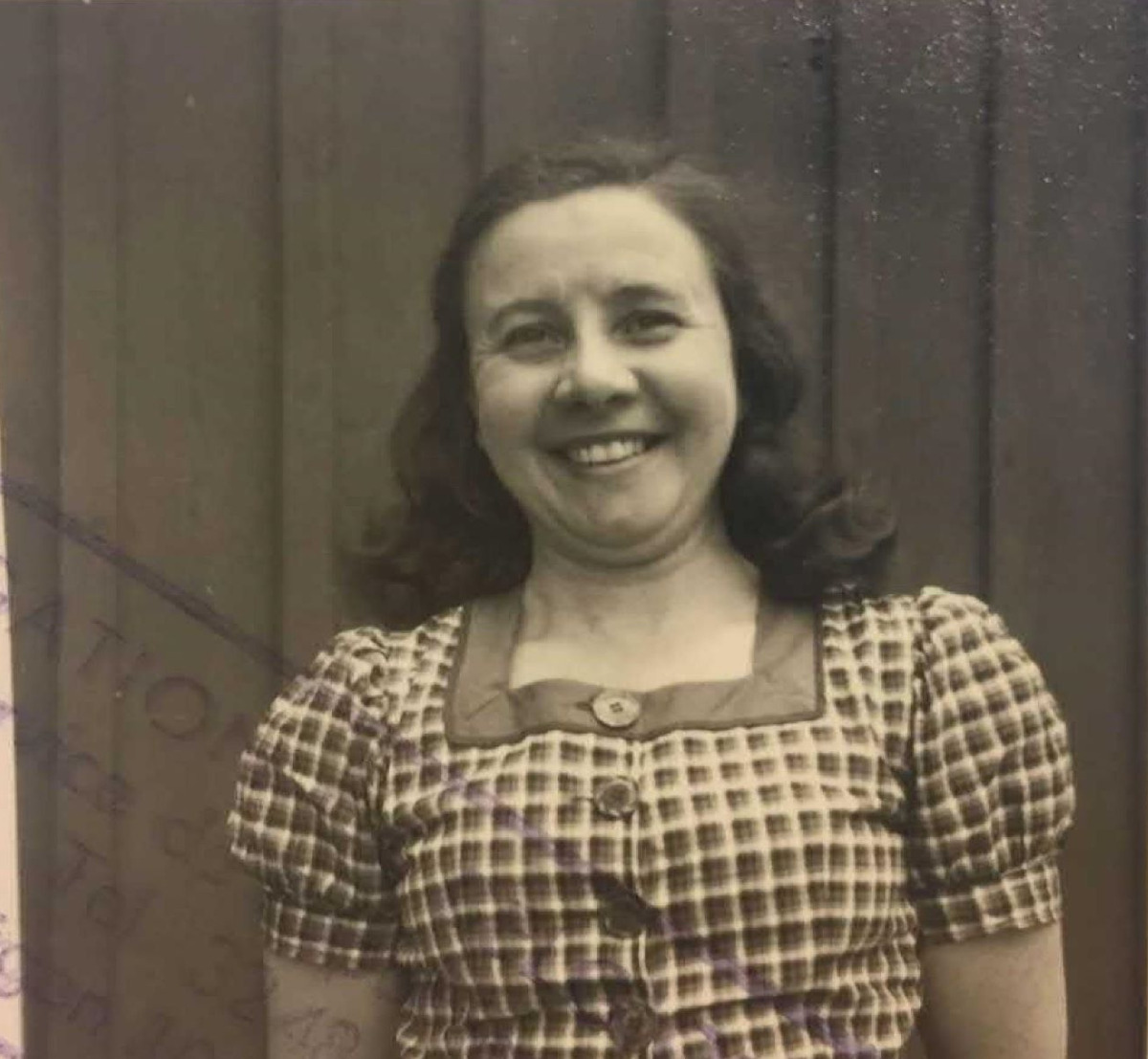Suzanne Grégoire was an ardent communist activist. She dedicated her life to women’s rights and female activism. During the Nazi occupation of Belgium, Suzanne inspired thousands of women who felt encouraged by her words to join the resistance against the Nazis.
Suzanne Grégoire was born in Geraardsbergen into a working-class environment. Both her parents were communist militants, and from a young age, Suzanne started reading communist literature and joined her parents at party meetings.
When Suzanne was in her twenties, she became a full-time militant for the Communist Party. As a Belgian woman, she did not possess the right to vote. Nevertheless, Suzanne occupied several positions of high political responsibility. She became a city councilor in her hometown, a member of the Central Committee of the Communist Party, and leader of the Party’s national women’s movement. Her political experience, broad network, and ideological conviction would serve her well in her resistance work during the Second World War.
During the Nazi occupation of Belgium, Suzanne published a clandestine paper to mobilize women for the resistance: La Voix des Femmes (The Voice of Women). In this paper, she called upon women to protest against the lack of food and to demand the release of their imprisoned husbands and sons. Suzanne was the driving force behind several illegal manifestations and strikes by women in 1941 and 1942. These protests undermined the authority of the Nazi occupier. For many participants, they were the first step towards other resistance activities.
In March 1943, Suzanne was arrested by the Gestapo and deported to the Ravensbrück concentration camp. She survived her captivity and, after returning to Belgium in the summer of 1945, she immediately resumed her responsibilities for the Communist Party. In 1946, she became one of the first women to be elected to the Belgian Parliament. Suzanne would remain a loyal communist militant for the rest of her life.


